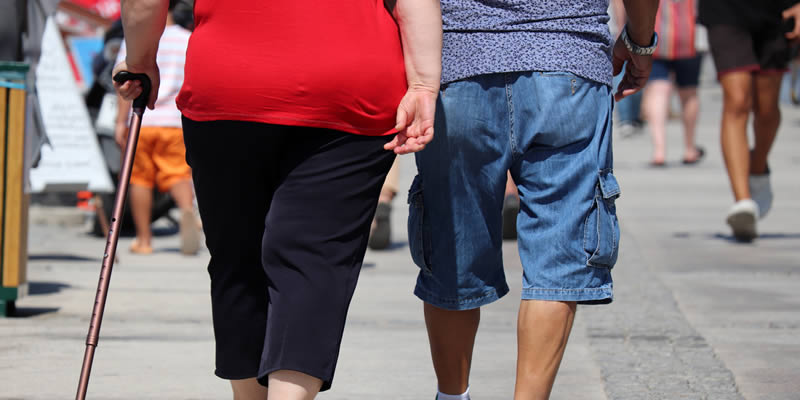For the first time in medical history it has been proven that exposure to secondhand in pregnancy leads to a “heightened risk” of the baby developing a disease in adulthood.
The team from the Virginia Commonwealth University (VCU) Massey Cancer Center say their findings have linked passive smoking to something called disease-related gene regulation in babies.
This supports the theory that exposure to things such as stress, poor nutrition, pollution or tobacco smoke when young could kick start a disease like cancer in adulthood.
- Female smokers at risk of decreased learning and memory function
- Cannabis smoking in youth could impact health in later life
Worryingly, the study found nearly a quarter of expectant women say they have been around a smoker at some point during their pregnancy.
Study author Dr Bernard Fuemmeler, associate director for population science and interim co-leader of the Cancer Prevention and Control program at the VCU Massey Cancer Center, said: “What we recommend to mothers in general is that no level of smoke exposure is safe.
“Even low levels of smoke from secondhand exposure affect epigenetic marks in disease-related pathways. That doesn’t mean everyone who is exposed will have a child with some disease outcome, but it contributes to a heightened risk.”
The trial involved 79 pregnant women and they studies blood samples from their first trimester which showed all of them had traces of cotinine in their system. Cotinine is a by-product of nicotine which suggests all of them had been exposed to smoking at some point.
Once they had had their baby, the research team studied blood samples from each of their umbilical cords. The blood sampled would have circulated through the foetus and into the utero. They were looking for a link between cotinine levels in the blood during the pregnancy and epigenetic patterns in the babies at birth.
They found the higher the level, the more likely the newborns would epigenetic “marks” on their genes which control the development of their brain function, as well as genes related to diabetes and cancer.
- Tobacco and marijuana smokers exposed to toxic chemicals
- Smoking increases risk of hospital admission among those with COVID-19
They double checked their findings by repeating the process in a further 115 pregnant women.
Dr Fuemmeler said: “It highlights the importance of clean air. It’s important not only for our homes, but also in the environment. Clean air policies limit smoke in public, and for pregnant women that may have long-term effects on offspring.”
The study has been published in the Environmental Health Perspectives journal.





